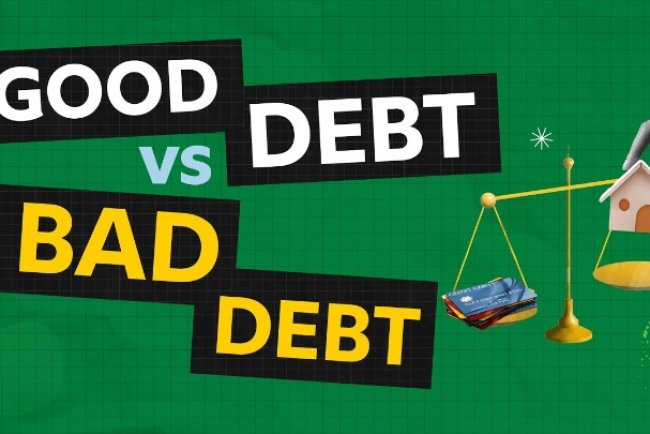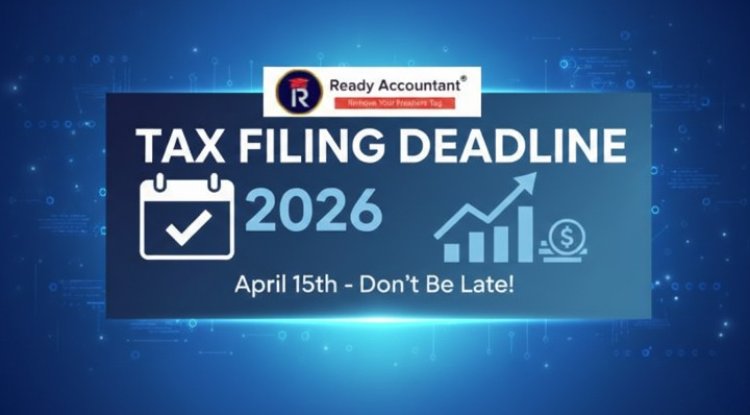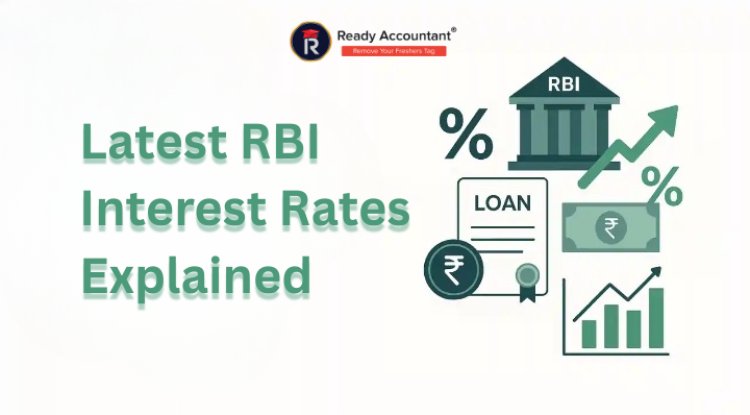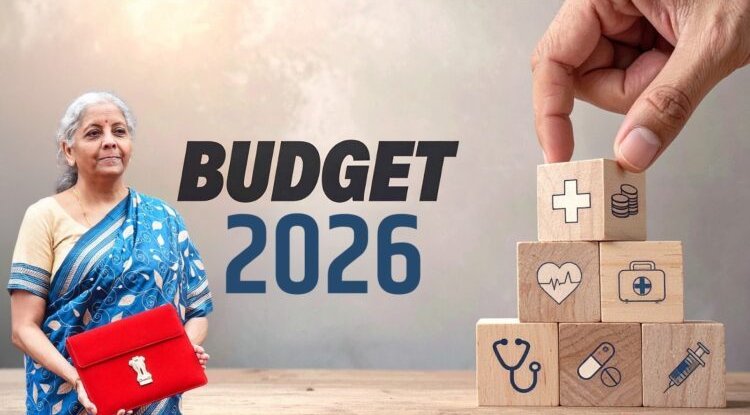What Are Tax Credits for Individuals with Example?
Tax credits are direct reductions in the amount of income tax an individual owes, unlike deductions, which only reduce taxable income. There are two types: refundable credits, which can lead to a refund if they exceed your tax liability, and non-refundable credits, which only reduce your tax to zero. Common tax credits in India include those for education loans (Section 80E), health insurance premiums (Section 80D), home loan interest (Section 24b), and investments (Section 80C). Understanding tax credits is essential for accounting professionals and students pursuing careers in finance, taxation, or corporate accounting. Enrolling in certified accounting courses, such as those offered by Ready Accountant, equips learners with practical knowledge and skills for high-demand roles like Tax Consultant, Financial Accountant, and Accounting Analyst.

When it's time to file income tax, many people get confused between tax deductions and tax credits. So, what are tax credits for individuals, for example? In simple terms, tax credits directly reduce the actual tax amount you owe, unlike deductions, which only reduce your taxable income. Its explains tax credits, gives practical examples, and highlights why understanding them is essential for careers in accounting, finance, and taxation.
Understanding Tax Credits: A Simple Explanation
A tax credit is a financial benefit provided by the government that reduces your final tax liability on a rupee-to-rupee basis.
For example, if you owe ₹10,000 in taxes and qualify for a ₹3,000 tax credit, you only pay ₹7,000.
There are two major types of tax credits:
-
Refundable Tax Credit: If the credit is more than the tax you owe, you get the remaining amount as a refund.
-
Non-Refundable Tax Credit: This reduces your tax to zero, but you don’t get any additional refund beyond that.
What Are Tax Credits for Individuals with Examples?
Here are two easy-to-understand scenarios:
Example 1: Refundable Tax Credit
Rohit owes ₹3,000 in taxes. He is eligible for a refundable tax credit of ₹5,000.
-
His tax becomes zero.
-
He gets a ₹2,000 refund from the government.
Example 2: Non-Refundable Tax Credit
Priya owes ₹4,000 in taxes. She qualifies for a non-refundable credit of ₹6,000.
-
Her tax liability becomes zero.
-
She does not receive the remaining ₹2,000.
Types of Tax Credits Available for Individuals in India
1. Education Loan Interest – Section 80E
Interest paid on education loans is eligible for a tax benefit under Section 80E, including for professional courses like a certified Corporate accountant.
2. Health Insurance Premium – Section 80D
Premiums paid for medical insurance (self and family) are allowed as non-refundable tax credits.
3. Home Loan Interest – Section 24(b)
Interest paid on housing loans is eligible for deduction up to ₹2,00,000 per year.
4. Investment-Based Credits – Section 80C
Investments in LIC, EPF, ELSS, tuition fees, and others qualify for deductions up to ₹1.5 lakh.
5. Senior Citizens – Section 80TTB
Senior citizens can claim interest income up to ₹50,000 as a tax credit.
Why Accounting Professionals Must Understand Tax Credits
If you're planning a career in accounting, especially as a certified Corporate accountant, knowing about tax credits is crucial.
Benefits include:
-
Helping clients maximize tax savings
-
Ensuring compliance with Indian tax laws
-
Understanding applications in corporate and individual tax filing
This is also essential knowledge for anyone enrolled in limited company accounting, corporate accounting, or business taxation courses.
Top Accounting and Taxation Courses to Learn Tax Credits
To master tax credits and Indian taxation laws, consider these professional courses:
-
Certified Industrial Accountant Course
-
Diploma in Finance and Accounting
-
Business Accounting and Taxation Course
-
Financial Accounting Course
These programs are available through platforms like Ready Accountant—a leading institute for accounting training in India.
Career Opportunities in Accounting and Taxation
Understanding tax credits, accounting basics, and tax filing procedures opens doors to many roles in finance and accounting.
Popular Career Roles:
-
Tax Consultant
-
Corporate Tax Advisor
-
Financial Accountant
-
Accounting Analyst
-
Accounts Executive
-
Accountant Corporate
Each of these roles requires strong knowledge of accounting principles, compliance, and tax laws.
How to Start Learning Accounting from Scratch
If you're a beginner, begin with:
-
Accounting for Beginners
-
Learn How to Do Accounting
-
Accounting Fundamentals
- SAP FICO (Finance & Controlling)
-
Accounting Process
Then advance to:
-
Accounting and Finance Course
-
Graduation in Accounting and Finance
-
Accounts Full Course
These provide a strong foundation for roles in finance, tax, and corporate accounting.
Tax Credits: A Must-Know Concept in Accounting
Tax credits are not just helpful for personal tax planning—they are essential in business accounting, corporate finance, and limited company accounting.
As an accountant, your role includes:
-
Ensuring the correct application of credits
-
Maximizing client refunds or savings
-
Advising on tax planning strategies
You must also understand key accounting terms, the role of an accountant, and how to analyze the financial needs of a business.
Conclusion
Tax credits are powerful financial tools that reduce the tax you owe and, in some cases, even result in a refund. Whether it’s for education loans, home loans, or insurance premiums, these credits help reduce the financial burden legally and effectively. For students, job seekers, and professionals, learning about tax credits through a certified accounting course or accounting training program enhances your skills and opens up many opportunities. a complete accounting course or a certified industrial accountant program to stay ahead in the fields of accounting, taxation, and financial services.
What's Your Reaction?




















